Blog series on armed groups and local governance in the eastern DRC
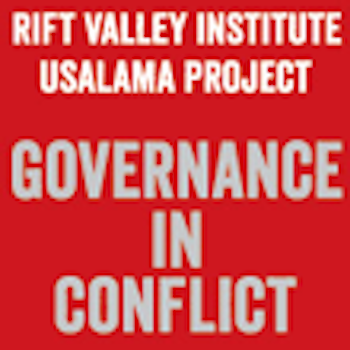
The eastern Democratic Republic of the Congo (DRC) is home to dozens of armed groups. Studying these groups and the way they affect local governance and conflict dynamics is challenging. How can we gather reliable data on these groups? And how do we ensure our analysis is adequate? In the coming months, researchers of the second […]
Relire les motivations d’une attaque des miliciens Mai-Mai à Misisi
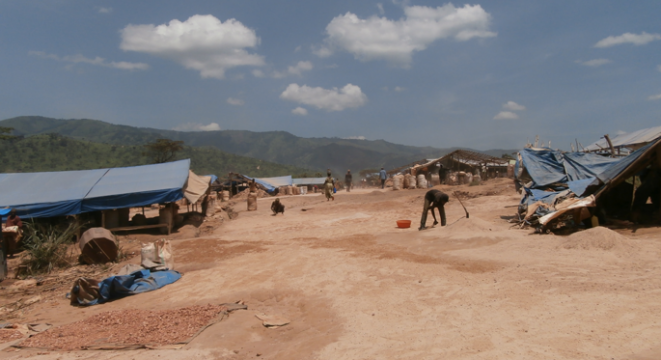
In this blog, Claude Iguma analyses the rumours and events surrounding an attack by an armed group on the gold mining site of Misisi in Fizi, South Kivu. These rumours, resulting from uncertainties about the perpetrators and their motives, reveal the complex ways in which business and security interests are entwined in the eastern DRC’s […]
Customary power struggles in the Kivus: Looking beyond the local
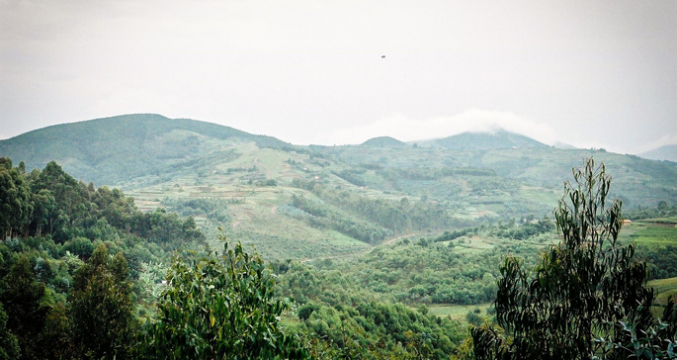
Ce blog analyse les raisons pour lesquelles certains politiciens se donnent à s’ingérer dans les conflits autour du pouvoir coutumier, un phénomène en recrudescence dans les deux provinces du Kivu. Il soutient que les chefs coutumiers ne doivent pas être considérés comme des simples « autorités traditionnelles locales », mais qu’ils font partie intégrante des réseaux d’élites […]
Le groupement de Waloaluanda : une « zone rouge » ? Comprendre un quotidien socio-sécuritaire complexe
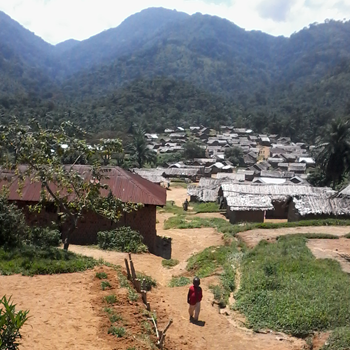
This blog analyses the social and security situation in the groupement (local administrative unit) of Waloaluanda, located in the territory of Walikale in North Kivu province. It argues that the isolation of this area, which is partly a result of deficient road infrastructure, has fostered both underdevelopment and armed group presence. Today, no less than […]
Banyamulenge
This Usalama report by Jason Stearns et al. examines the Banyamulenge, a Tutsi community in the Eastern DRC that has been stuck in a cycle of insurgency and exclusion for over 20 years. While the last major Banyamulenge insurgency came to an end in 2011, armed groups and foreign involvement remain a threat to the […]
North Kivu
This Usalama Project report sketches the historical background to the proliferation of armed groups that have emerged in the North Kivu province of the DRC over the past two decades. It serves primarily to demystify the numerous factions and the cleavages between them, as well as to outline the complex mix of grievances that drive […]
Usalama Workshop in the DRC
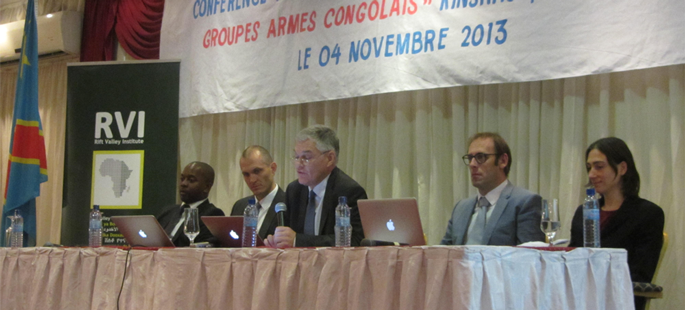
The Usalama Project (meaning ‘peace’ or ‘safety’ in Swahili) by the Rift Valley Institute was created in response to the ongoing violence in the eastern Democratic Republic of the Congo (DRC). Billions of dollars have been devoted to the resolution of conflict in order to end the prolonged suffering endured by the people of this region for […]
FNI and FRPI
This report by Henning Tamm examines the precipitous decline in armed violence in Ituri, a district that manifests all of the Congo’s main challenges to stabilization. The report focuses on the Front des nationalistes intégrationnistes (FNI, Front of Integrationist Nationalists) and the Force de résistance patriotique en Ituri (FRPI, Ituri Patriotic Resistance Force), formally established in late 2002. While the […]
Raia Mutomboki
This Usalama Project report describes the origins, rapid evolution, expansion and activities of this diverse force. The group began as a local response to rampant insecurity but profited from flaws in the various peace deals in the eastern DRC, which helped it evolve from a parochial militia into a violent franchise deployed across large parts […]
UPC in Ituri
This report by Henning Tamm examines the convergence of factors that helped create and then broke apart the Union des patriotes congolais (UPC, Union of Congolese Patriots), one of Ituri’s most powerful armed groups. Created in the context of Ugandan occupation, which led to an increased militarization of politics, the UPC represented a local attempt to regain […]
